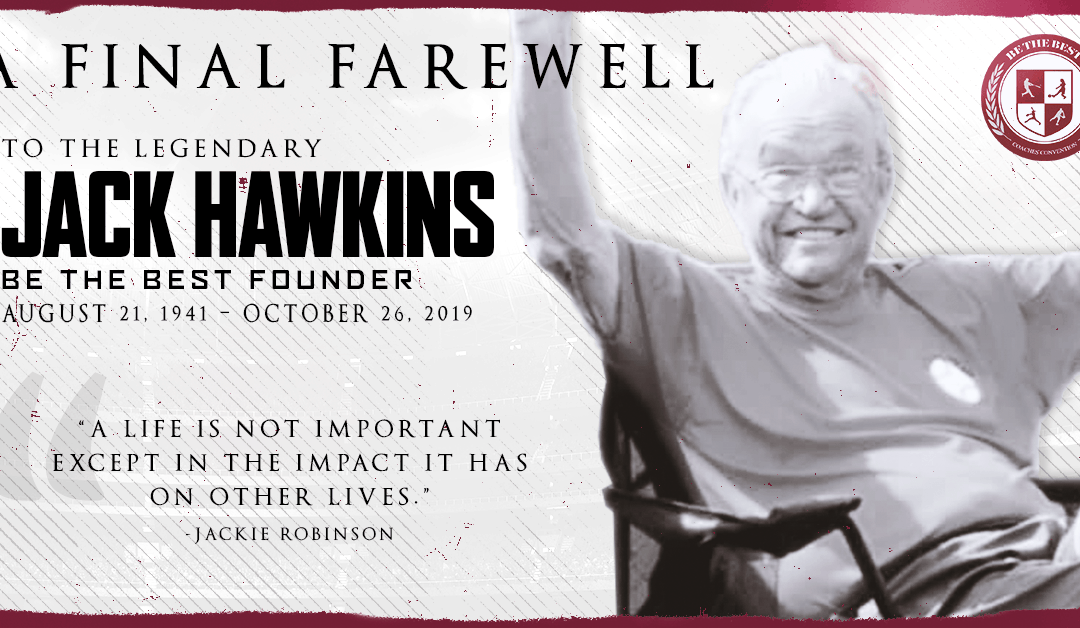
Oct 29, 2019 | Baseball, Coach Profiles, Softball, The Best Stories
Back before some of us were even born, Jack Hawkins was laying the foundation for the rest of our baseball lives.
Just a regular guy who loved the game, Jack came up with an idea. Why not build a base for coaches to come together and share their knowledge, skills, and friendship? Well, that idea became a reality and out of his vision, Be the Best You Are Coaches Clinic was born in 1972.
From the beginning, Jack was committed to making this annual event a clinic run by coaches FOR coaches. And, that’s exactly what he did for 43 years. He was a charismatic creator who, every year, put together unparalleled lineups of professional, college, and local coaches for a few days of instruction, interaction, and a whole lot of fun.
Be the Best has endured the test of time despite the ever-changing culture of youth sports.
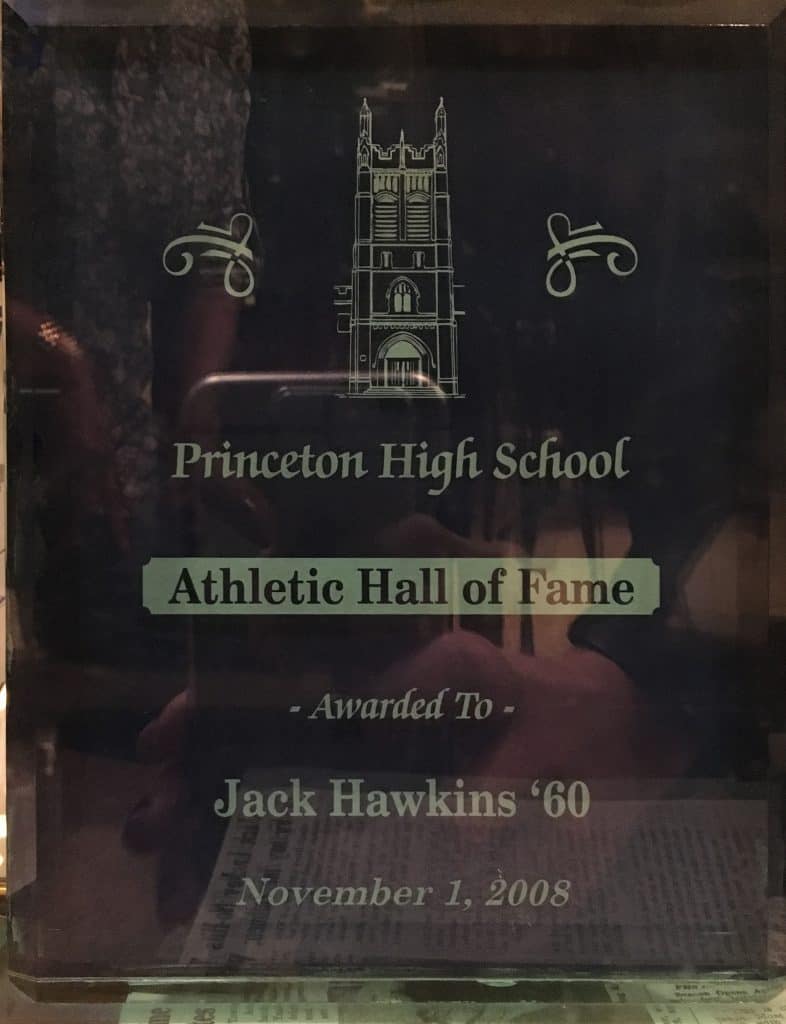
Jack was a three-sport athlete at Princeton High School who went on to play quarterback for the West Chester University (PA) Golden Rams. After graduating, he took a job as a Physical Education teacher and remained a predominant figure in the Manasquan community for over 30 years. In 1968, Jack became head football coach at Manasquan High School where, in ten seasons at the helm, boasted six division titles, two undefeated seasons, won the NJSIAA CJ Group Two State Championship, and was a three-time Coach of the Year.
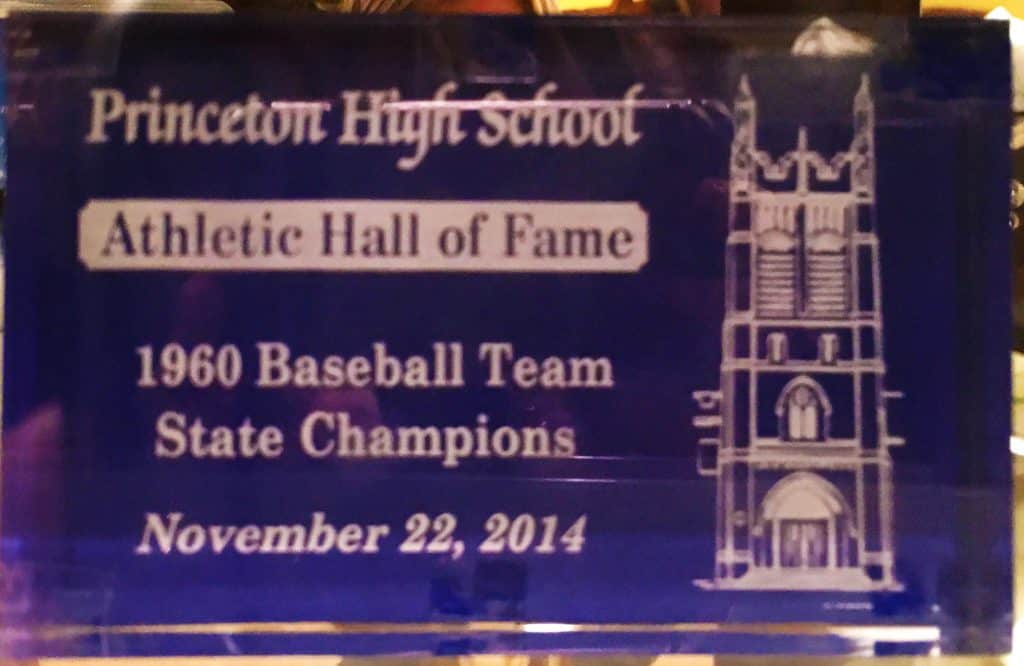
Jack also served as head baseball coach at Manasquan from 1968-1976. In those eight seasons, the team had a 100-35 record, won four division championships, one state championship, and two Monmouth County Tournament titles.
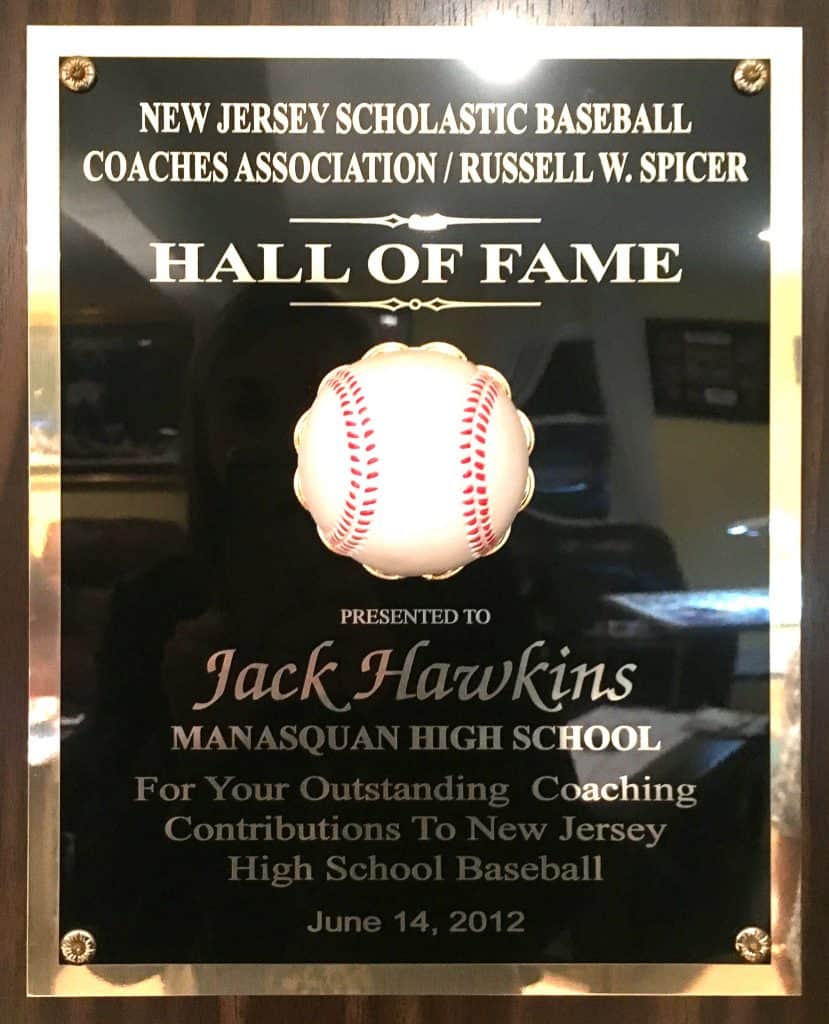
Jack was inducted into the Princeton High School Hall of Fame in 2008, the Manasquan High School Hall of Fame in 2009, the New Jersey Football Coaches Hall of Fame in 1991, and the New Jersey Scholastic Baseball Coaches Hall of Fame in 2012.
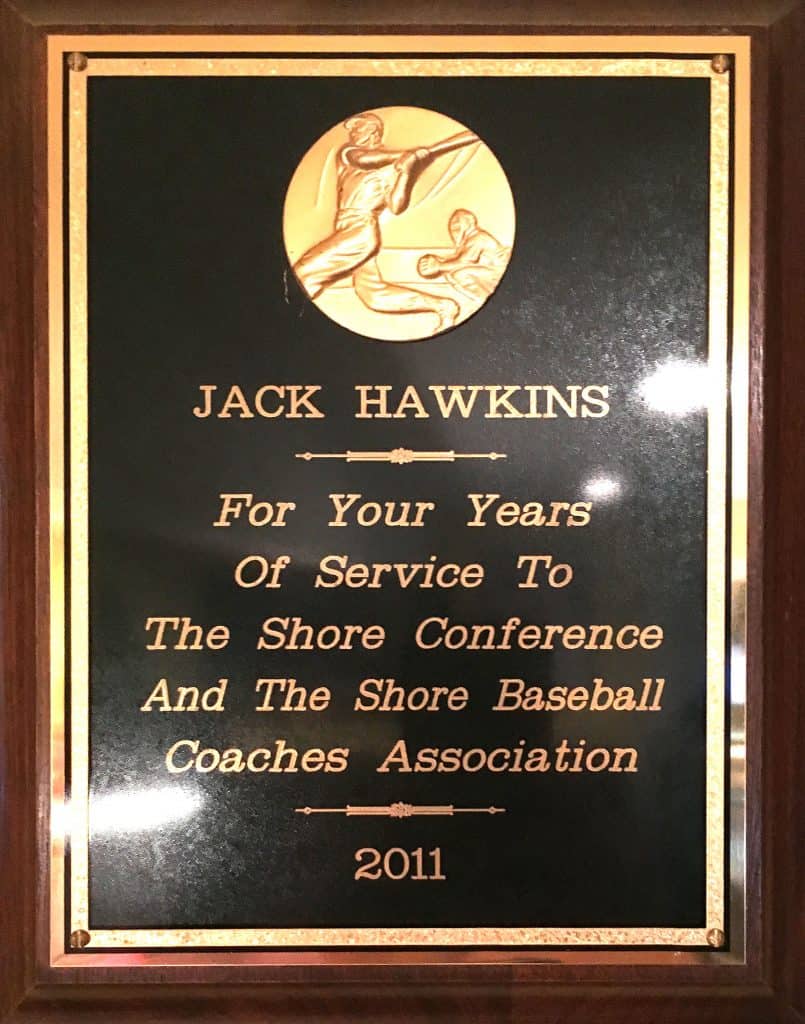
Jack Hawkins was a formidable presence both on the field and off. He was a coach, a character, a visionary, and a friend.
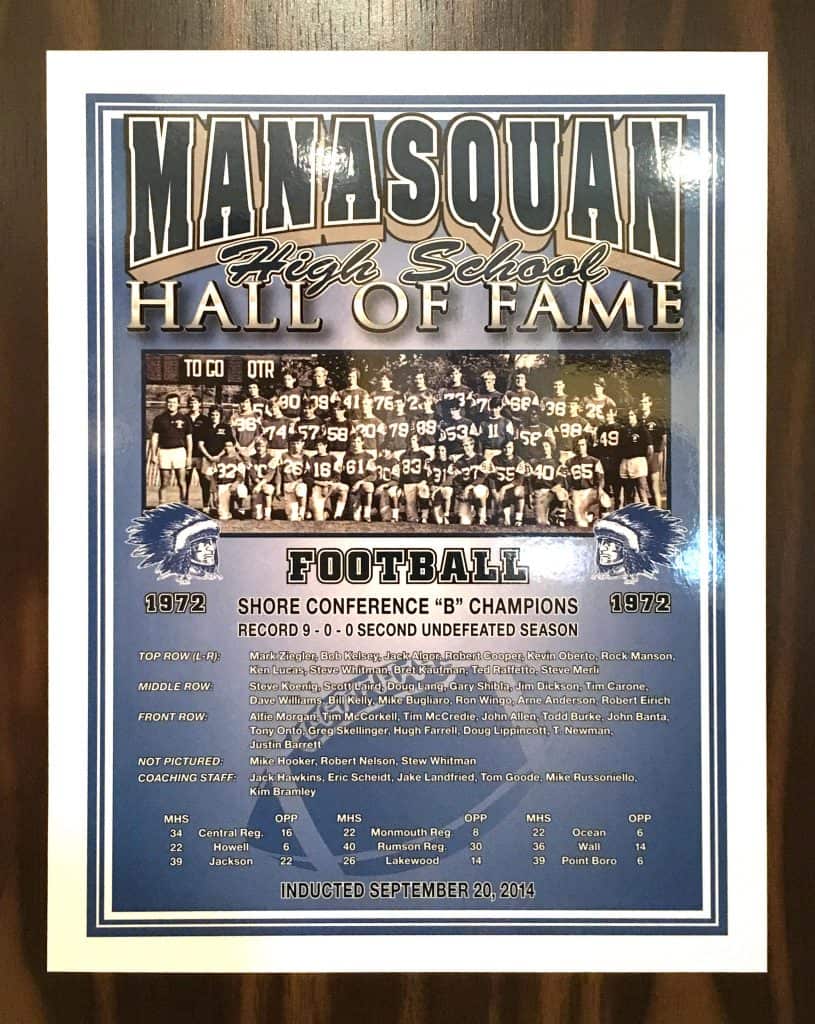
Because of him, Be the Best continues to thrive, making it the longest-running baseball and softball clinic in the country. The people you meet, the lessons you learn, and the skills you share each year in Cherry Hill are the direct result of one man who had the courage, the commitment, and the chutzpah to make it all happen.
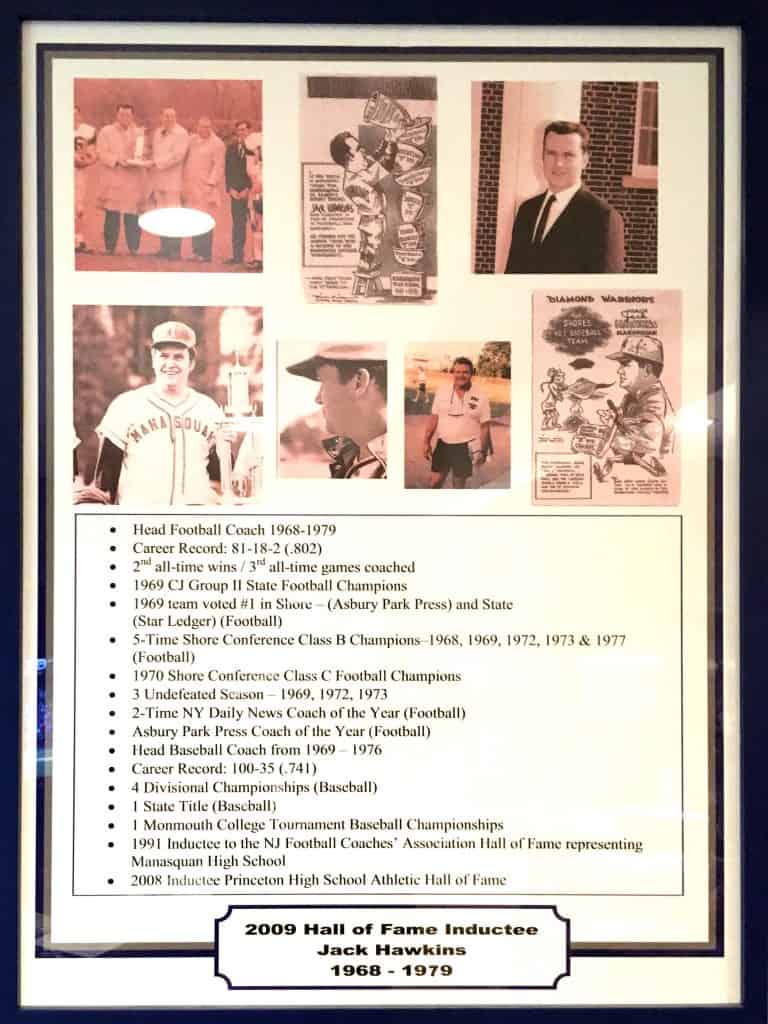
John “Jack” Albert Hawkins
August 21, 1941 – October 26, 2019
“A life is not important except in the impact it has on other lives.” – Jackie Robinson
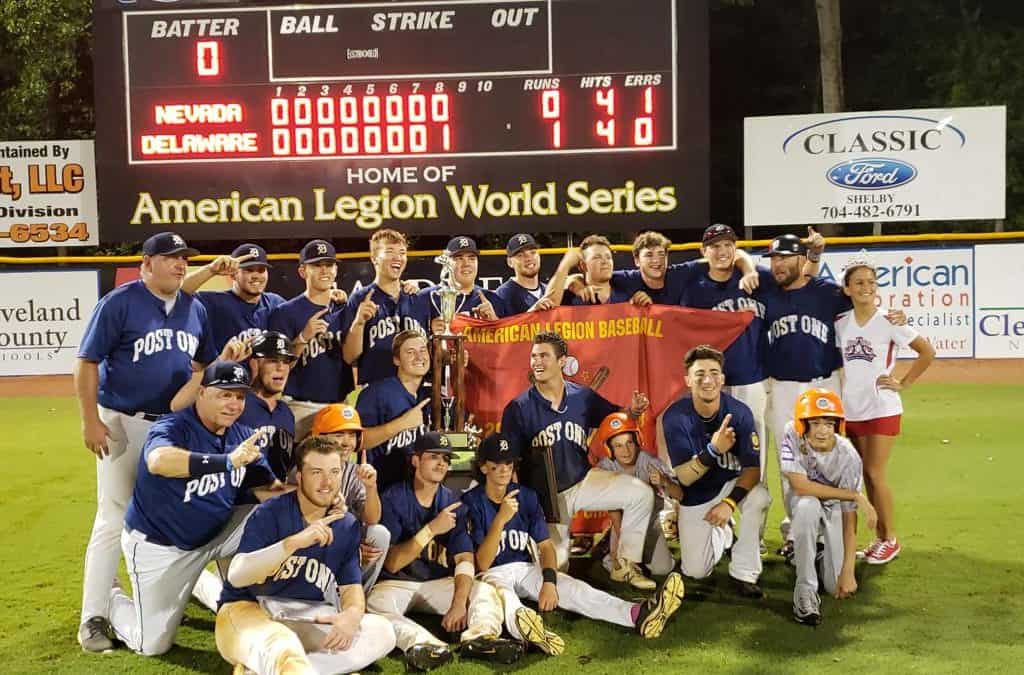
Dec 20, 2018 | Baseball, Coach Profiles, The Best Stories
Brent Treml
Baseball Pitching Coach
University of the Sciences
Philadelphia
How did you get your start as a coach?
Honestly, it all started as a favor. Back in 2010, my alma mater, Salesianum High School in Wilmington, DE, needed a coach for the freshman baseball team. I thought I’d be one-and-done, but after that season in which we went 16-0, I was hooked. I stayed for nine years.
During that time, I also coached American Legion baseball. Under my four-year tutelage as head coach of Delaware Post 1, we won one American Legion National Championship, a state championship and two state runner-up titles.
I have just begun my collegiate coaching career as pitching coach at University of the Sciences in Philadelphia.
What do you love about coaching?
I love the camaraderie that exists between coach and player and coach to coach. I love the highs and lows that come with working with players every single day. And, most of all, I love seeing the players buy into the culture we are trying to create and seeing a bunch of individuals turn into a unified force by the end of the season.
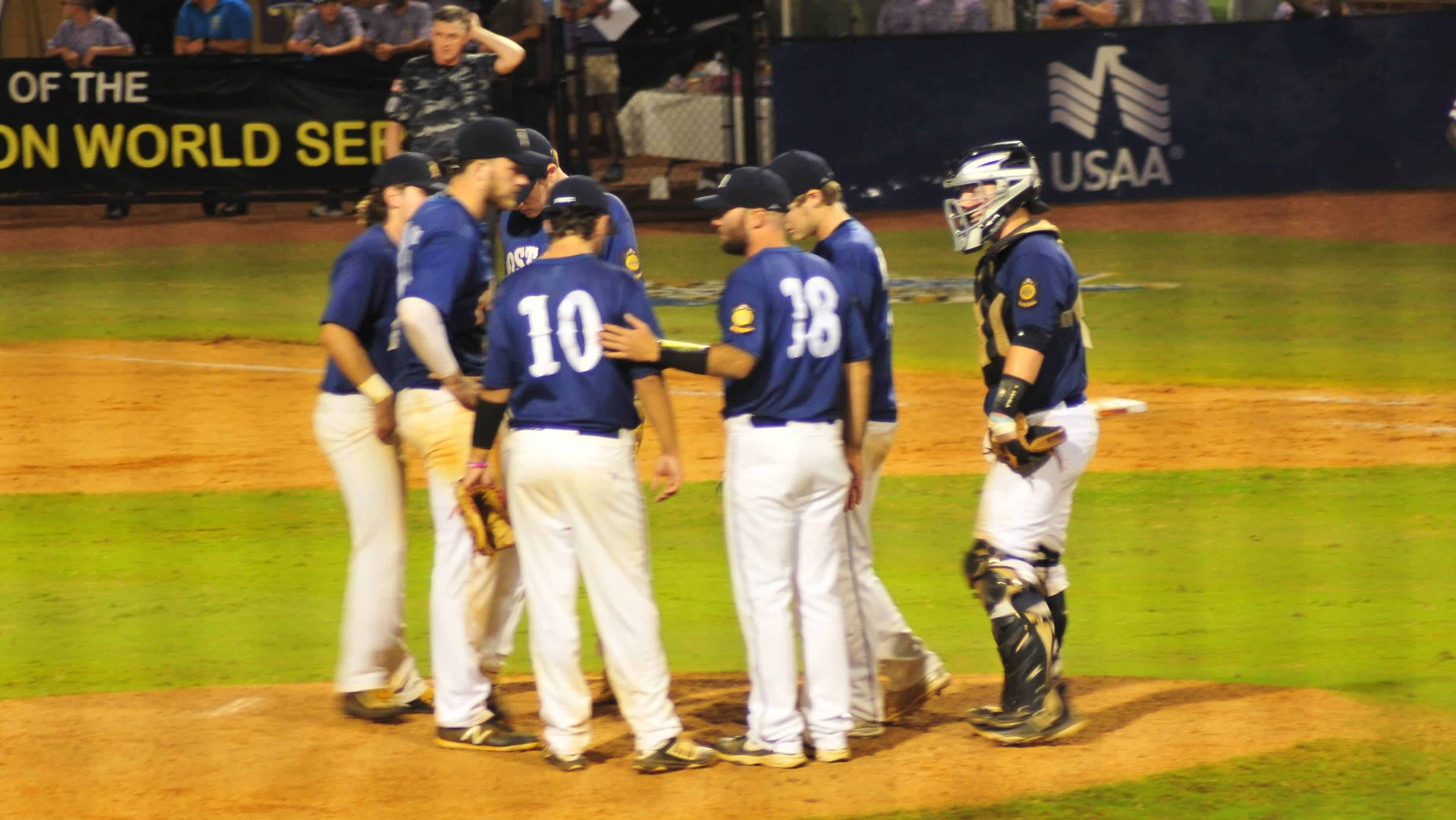
What is your best coaching memory?
The easy answer is winning the National Championship in 2018 or our first State Championship in 2017, both of which were filled with proud accomplishments and amazing moments. But, my personal favorite game was defeating Stahl Post 30 in the 2016 American Legion Semifinals.
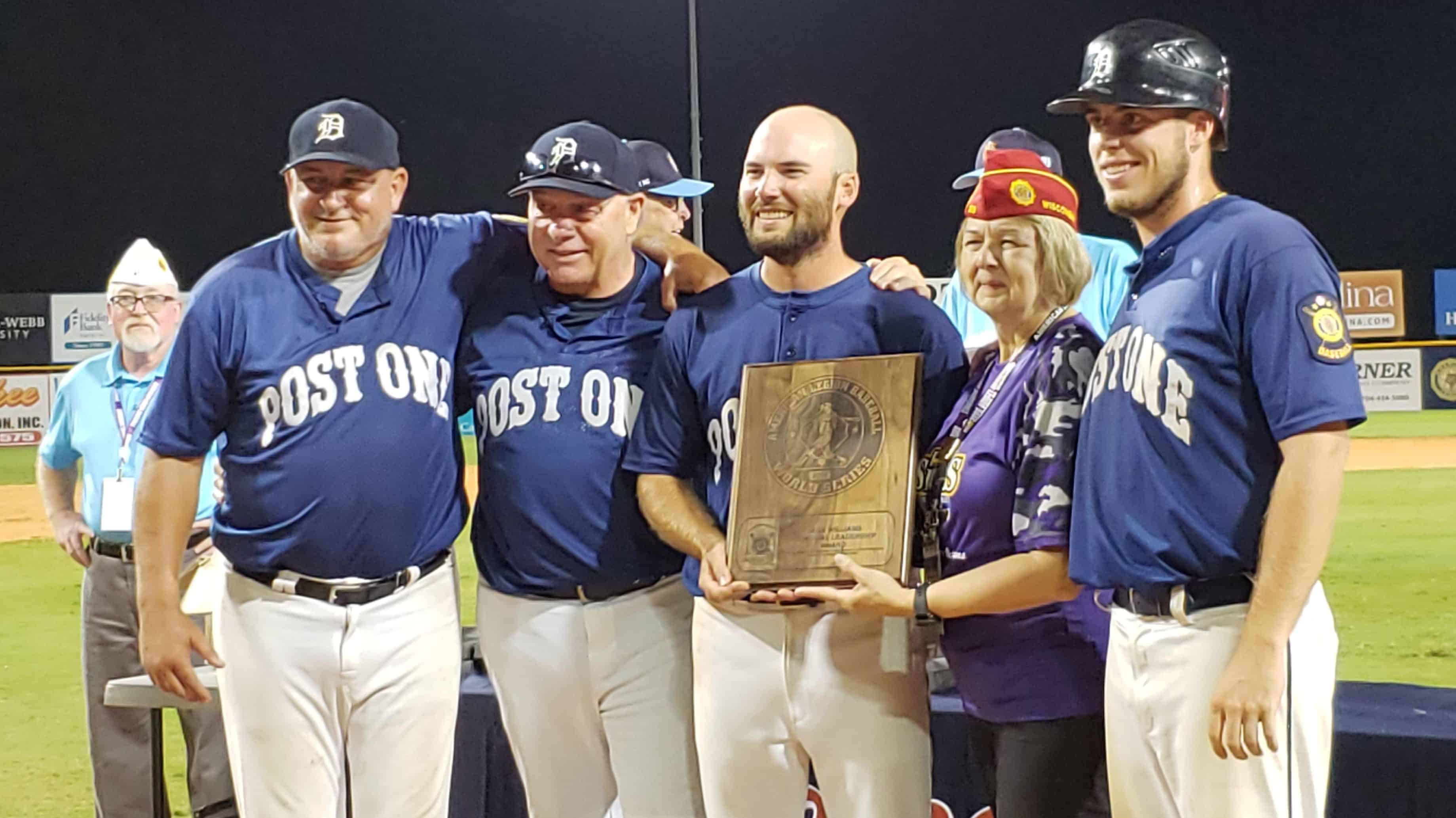
Stahl had long been the team to beat in Delaware and there was a passionate rivalry between us. That year we split our first four meetings before going on to end their season on their field in the playoffs. It felt like a changing of the guard; after the victory we were viewed as the top dogs in Delaware, having finally earned the respect we deserved.
What was your biggest coaching disaster?
This was a very public disaster. It actually made it to number three in Sportscenter’s Top Plays that night! We were playing Las Vegas in the American Legion World Series Championship which was televised on ESPNU. In an unbelievable pitchers’ duel, the game remained scoreless into the 7th and baserunners were at a premium. We were able to get a runner to 2nd with one out and our number three hitter at the plate. We decided to pinch run our fastest and youngest bench player to increase our chances of scoring.
Las Vegas pulled a trick pick-off play at second, ending our scoring threat and squashing our momentum in a game where every baserunner was like gold. The Las Vegas pitcher stepped off the mound and pump-faked a throw to second, with the middle infielders and outfielders selling the fake beautifully. Our runner dove back to the bag, as he should, got up and began looking for the ball and then to me as the third-base coach.
And here’s where I kick myself. I began yelling, “Stay on the bag!” while simultaneously pointing to second base. The stadium was so loud that the runner couldn’t hear me, but thought my pointing was signaling that the ball was in the outfield. So, he took off for third. Of course, the pitcher, who still had the ball, was able to get him out easily.
I should have had my hands up, showing the runner my palms in our universal “stay” signal, but instead, confused him by pointing to the bag instead.
But, even this disastrous story has a happy ending. We won the title with an eighth inning walk off!
How did you create your winning team culture?
The key to creating a winning culture is for everyone to feel like they have ownership in the success of the team. Coaches and players have to have open and respectful dialogue about lineups and strategies. It’s much easier for players to buy into what you’re doing as a coach if they understand why. Why is the lineup constructed this way? Why are we trying this offense move in this particular situation? Why is our pitching rotation lined up for these specific opponents?
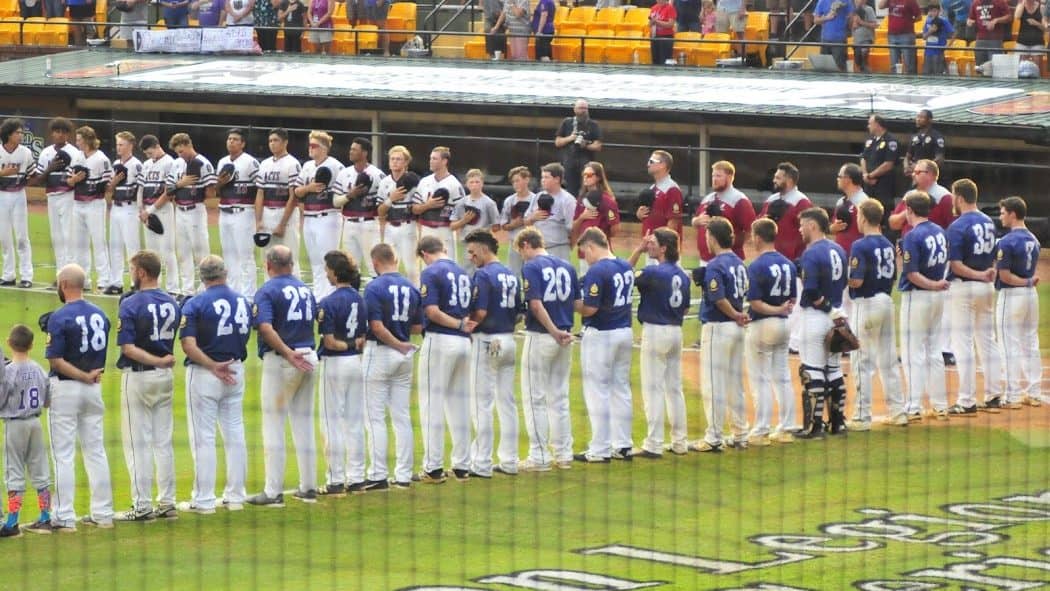
Bad culture breeds when we’re kept in the dark. And that goes both ways – for coaches as well as players. Players need to understand and accept their role, but coaches have to be willing to hear, and consider, what their team has to say as well. This give and take goes a long way toward building trust and confidence. It’s important for everyone to believe that decisions are made to make the team the best it can be, not for selfish reasons or to hurt feelings. To earn respect, you have to make sure your strategies are backed up with honest assessments and explanations for how your decisions will help the team win.
What is your personal coaching philosophy?
I want my team to be confident and aggressive. To know what goal they are going for. And to believe that nobody is in their way but themselves. I am an ultra-sticker during practice, focusing on the little details and not relenting until we have perfected what we’re practicing. I believe in making practice difficult, both physically and mentally so that the game feels easier.
On game day, I am ultra-positive. I never get on a player, unless there’s an obvious lack of effort involved. I want my players to feel little to no pressure during the game so they can be better prepared and more confident in making those instinctual, split-second decisions. I want to take the pressure off my players so they can place it on the opponent, giving us the advantage.
I like to talk about our goals in terms of visuals, like a dogpile. I will then come back to that visual throughout the year as we evaluate our performance. Are we taking steps toward the dogpile or away from it?
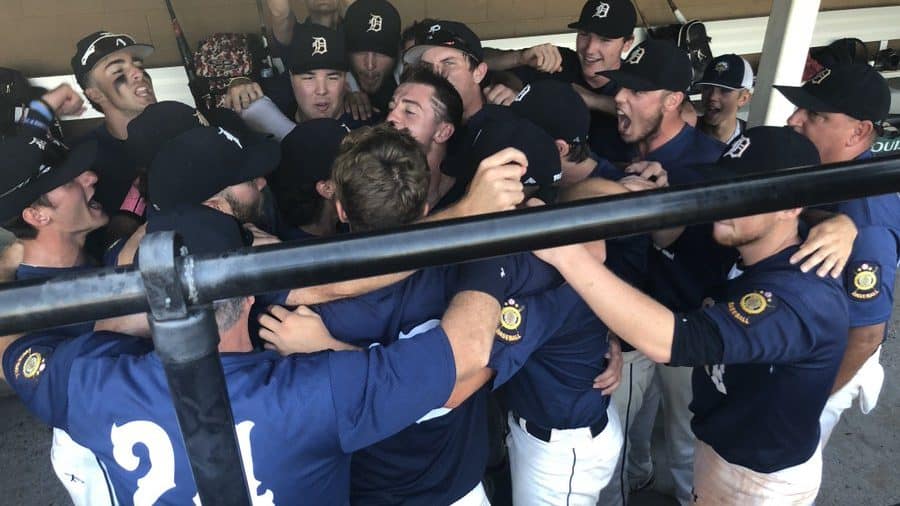
Is there one coach you particularly respect?
One of my biggest motivators and influencers was Dennis Walker, my high school coach at Salesianum. His practices were often stressful and difficult, but in preparing the team, he found a way to bring the team together as a by-product. He never let a teachable moment pass by. Ever. Though, he often left it up to us to figure out the lesson on our own. In my own coaching, I mimic this trait of his. Going off-script at times and doing something zany to let the players figure out the why on their own helps break up practice and make it less mundane. And the players more often than not, do learn the lesson on their own.
What are the most important qualities of a coach? Of a player?
To me, the most important quality of a coach and a player are the same. You have to be a sponge. This is a game of adjustments, so both coaches and players must be comfortable and willing to adjust to and try new things.
As a coach, you need to always be learning from other coaches, including your competition. You have to be open to discussing and debating with other coaches and share techniques and situations. Any successful coach out there has a strong network of other coaches with whom to bounce things off. I’ve yet to see a coach find success by existing in a silo. I, personally, have been blessed to coach under, with and against some brilliant coaches who have taught me so much and from whom I continuously “steal” ideas to add to my own coaching philosophy.
As far as players go, the worst trait you can possess is that of being un-coachable. As soon as you believe you know more than your coach you begin rejecting help and your growth in the sport is stunted. That doesn’t mean you have to blindly accept every decision or idea, but it does mean that as a player, you have to be respectful, evaluative and willing to try new things. Just like a coach!
Even Hall of Famer, Cal Ripken, Jr. went through countless different swings throughout his career as he adjusted to different pitchers. Think of it this way, if you were having great success, nobody would be trying to change you. Openness to new ideas is absolutely crucial to success whether you’re a coach or a player.
In keeping with the tradition that Be the Best is a convention created for coaches by coaches, we’ve asked for inspirations and stories from your contemporaries. Click here to share something about your coaching journey. Don’t worry about making it sound good — you coach the kids, we‘ll work the words.
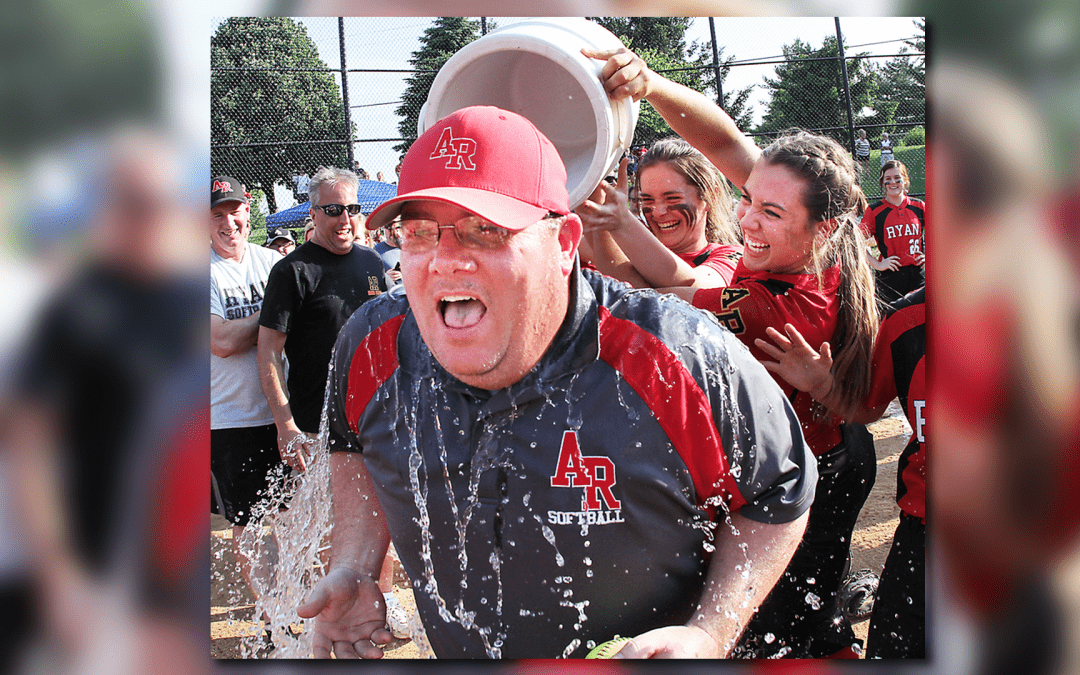
Dec 4, 2018 | Coach Profiles, Softball, The Best Stories
John Kidwell
Head Softball Coach
Archbishop Ryan High School
Philadelphia
As a coach, we all take chances. We move our slumping clean-up hitter to seventh and she knocks it out of the park. We switch our short stop to second and she turns an incredible double play. We trust a player to steal home and we win the game. We take chances that make our players shine, propel us to victories and make us, as coaches, look good.
Or, we take a chance in the semifinals, by starting a freshman pitcher over the sophomore who beat the same team during the regular season. And, we lose the game, remembering it as one of our all-time coaching disasters.
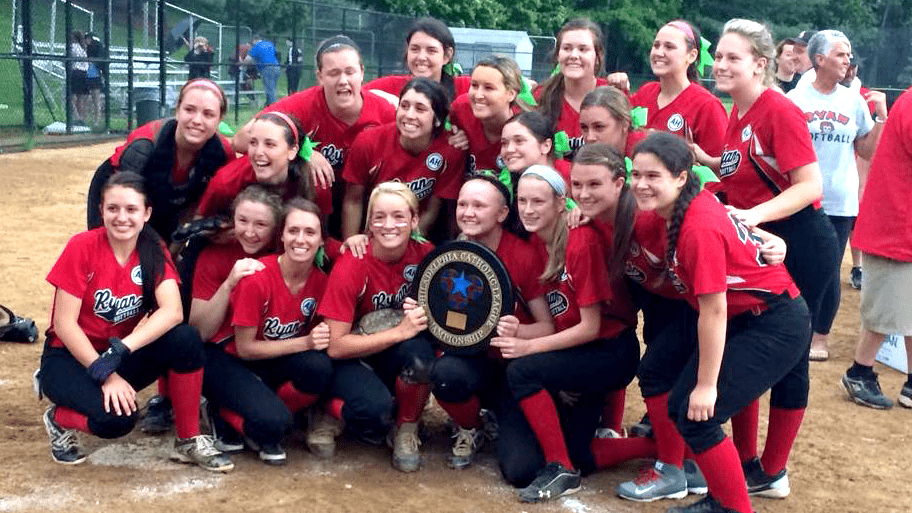
2014 PCL Champions
But, coaching has incredible highs. Like winning the Catholic League Championship in 2014 for the first time since 1995, in the same season that we lost a long-time, beloved coach. What a tremendous feeling it was to win that title, not just for the team, but for the coach we lost. And, the pride of knowing that winning four out of five league championships has just as much to do with chemistry and ego-checking than talent.
Growing up I had two younger sisters who played softball. I spent a lot of time watching them play and figuring out the game. By the time I got to college, I knew for sure I wanted to be a coach.
I landed the head junior varsity coaching position at Archbishop Ryan in 1992. In 1997, I was promoted to varsity as an assistant coach and in 2014 was named softball’s head coach after Andy Hafele passed away.
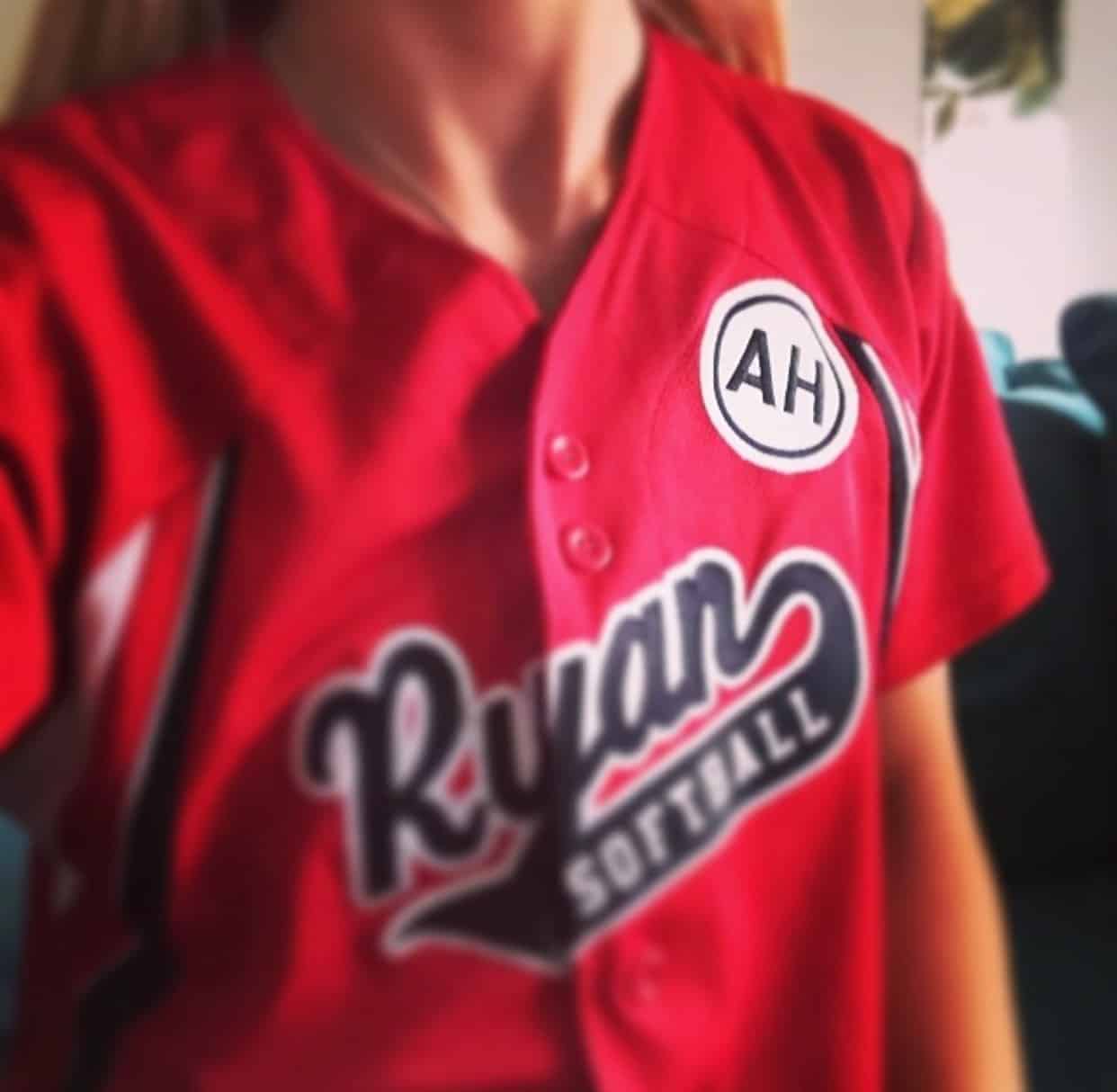
Patches worn during the 2014 season in remembrance of Andy Hafele
Andy and I coached together for 22 years. He was not only my mentor, but a huge influence on the coach I’ve become. He taught me how to run a program and how to establish a winning culture. Andy’s presence on the field is felt to this day and I can’t help but feel he is a big reason for our recent success.
I think about Andy when I consider the impact I have on my players and work hard on building the same respect and trust that he did. Our players are only with us for four years, but the physical and emotional transformations we witness from freshman to senior year is absolutely awesome. By the time they graduate from Archbishop Ryan and head off to college, they are ready for the world. It gives me great joy to know that I, through the game of softball, was able to help shape these players into the incredible young women they’ve become.

Andy Hafele Memorial Softball Field, Archbishop Ryan High School, Philadelphia, PA
In keeping with the tradition that Be the Best is a convention created for coaches by coaches, we’ve asked for inspirations and stories from your contemporaries. Click here to share something about your coaching journey. Don’t worry about making it sound good — you coach the kids, we‘ll work the words.
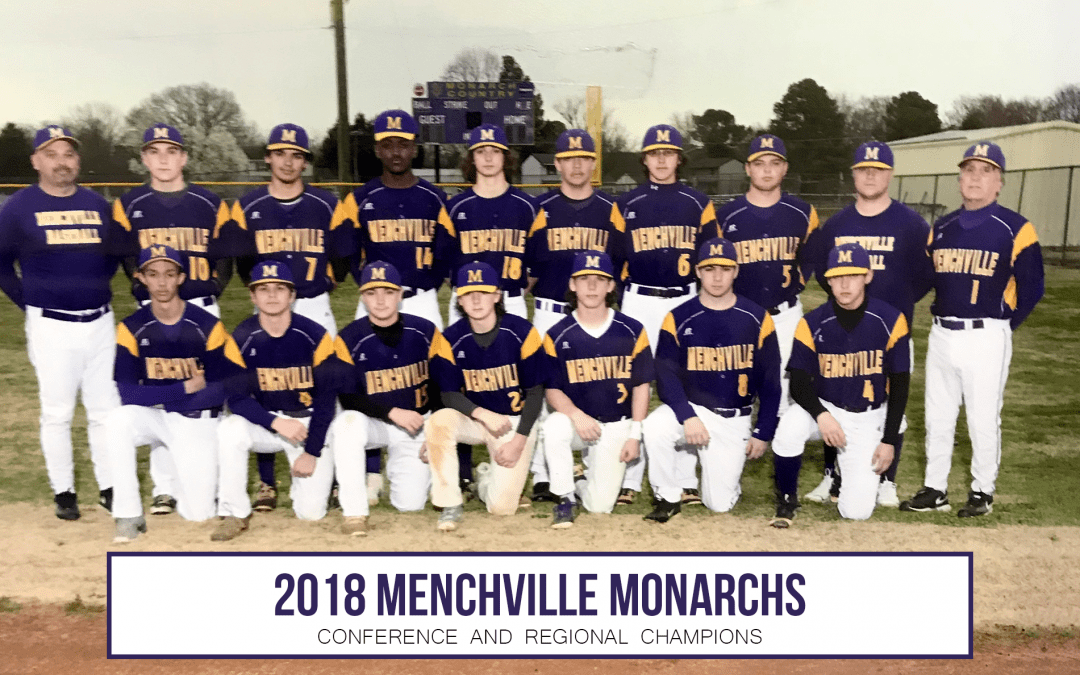
Nov 6, 2018 | Baseball, Coach Profiles, The Best Stories
Phil Forbes III
Head Baseball Coach
Menchville High School
Newport News, Virginia
USA TODAY’s Coach of the Year, 2009
In 2009, all nine starters went on to play college baseball.
Ever since I was a high school athlete I knew I wanted to become a coach. Luckily, my teachers and coaches saw something in that teenage kid and put me on the right path. I went to college to become a teacher so my dream could come true. I had so much respect for my coaches back then that their seal of approval was all I needed. In particular, I was inspired by my baseball coach, John Jones. He was tough, but he cared. I wanted to be a John Jones.
But, I wanted to be more than a baseball coach. I wanted to coach it all. And, so I did.
Over the course of 43 years, I have coached baseball, basketball, football, wrestling, track, volleyball and tennis at the high school and / or club level, winning championships at the district, regional and state levels.
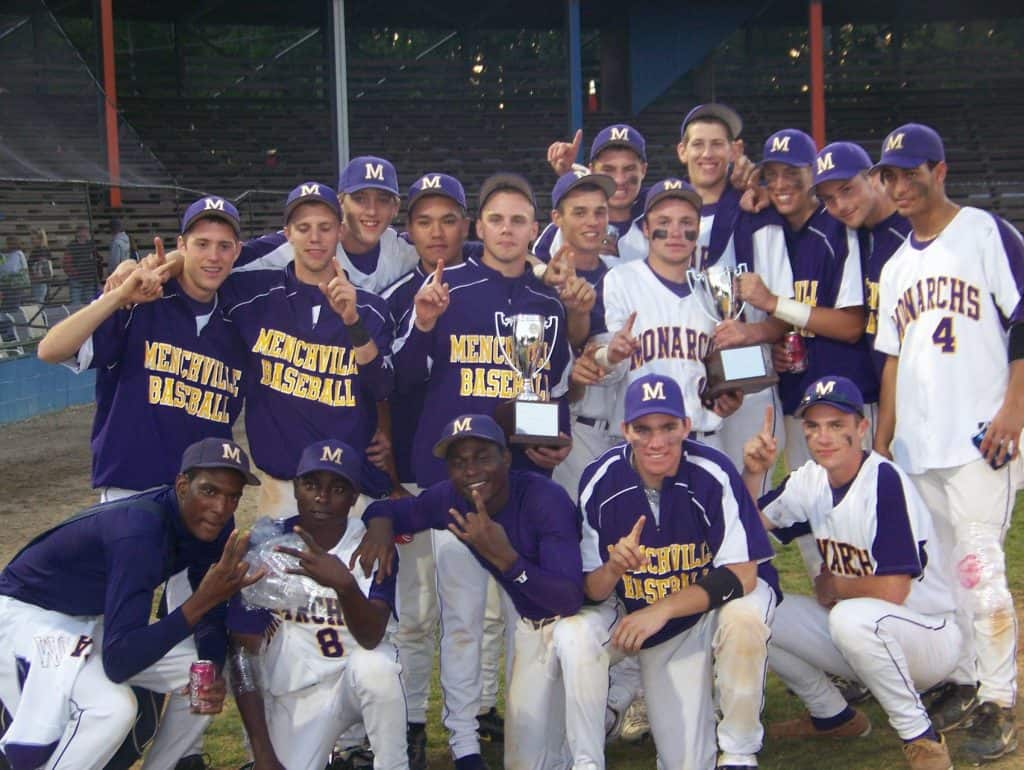
As a baseball coach, my teams have won states, regions, districts and the national championship as NUMBER ONE in the country. Menchville High School breeds both great players and coaches. I have had some amazing assistant coaches who are extremely dedicated and together we have created a culture that reflects the game of life, not just the game of baseball.
We are so proud of the many collegiate ball players and MLB draftees that Menchville has turned out. But, we are equally as proud of those who applied the lessons they learned on the field to their chosen professions, making them huge successes in the working world.
Whatever sport I coach, I believe in the same basic philosophy. If you are disciplined on and off the field, adopt a great work ethic, be a family, be true to your parents and be a good student you will be successful, not just in your sport, but beyond.
As a coach, I try always to be fair and honest. I respect the game and want to bring out the best in each and every kid. I want to know I’ve been heard and know I’ve made an impact when a player comes back later and says, “Coach, you were right. If only I had listened.”
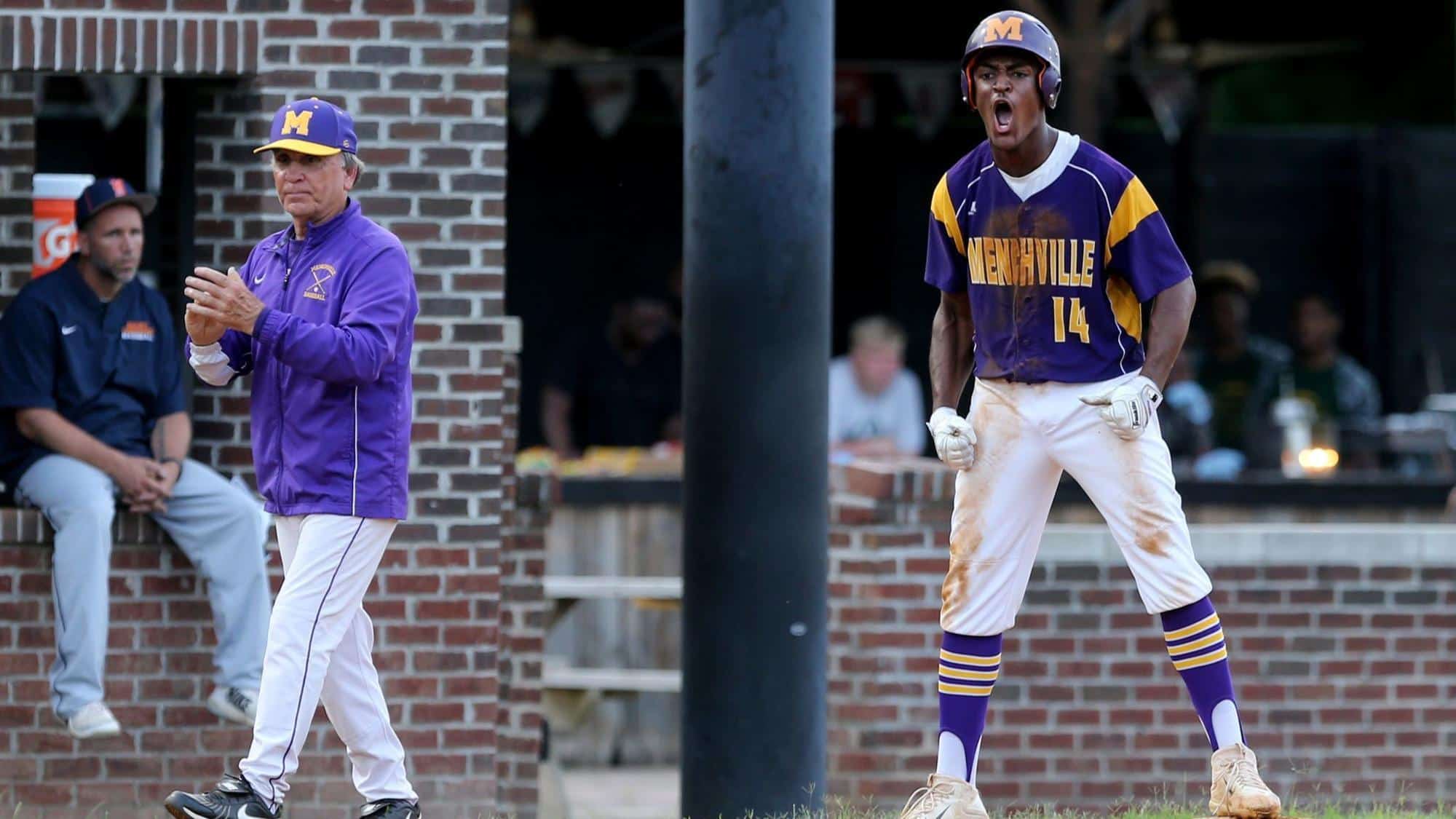
Today, I’m living the dream. A coach’s dream, a husband’s dream, a father’s dream and a grandfather’s dream. I’m the head baseball coach of Menchville High School. My high school sweetheart and wife, Lynn, is my biggest supporter. We critique every game together, giving me an invaluable spectator’s perspective. My son, Philip IV, is our hitting coach. And, my grandson, Philip V, plays on the team and has committed to James Madison University.
What could be better than that?
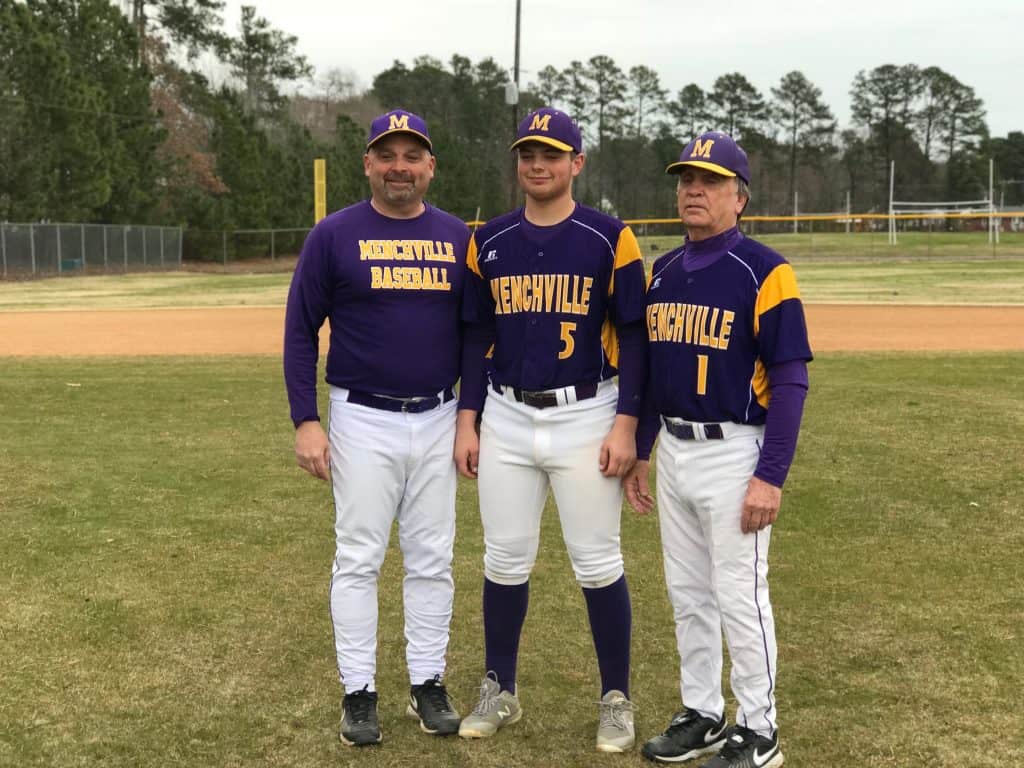
In keeping with the tradition that Be the Best is a convention created for coaches by coaches, we’ve asked for inspirations and stories from your contemporaries. Click here to share something about your coaching journey. Don’t worry about making it sound good — you coach the kids, we‘ll work the words.
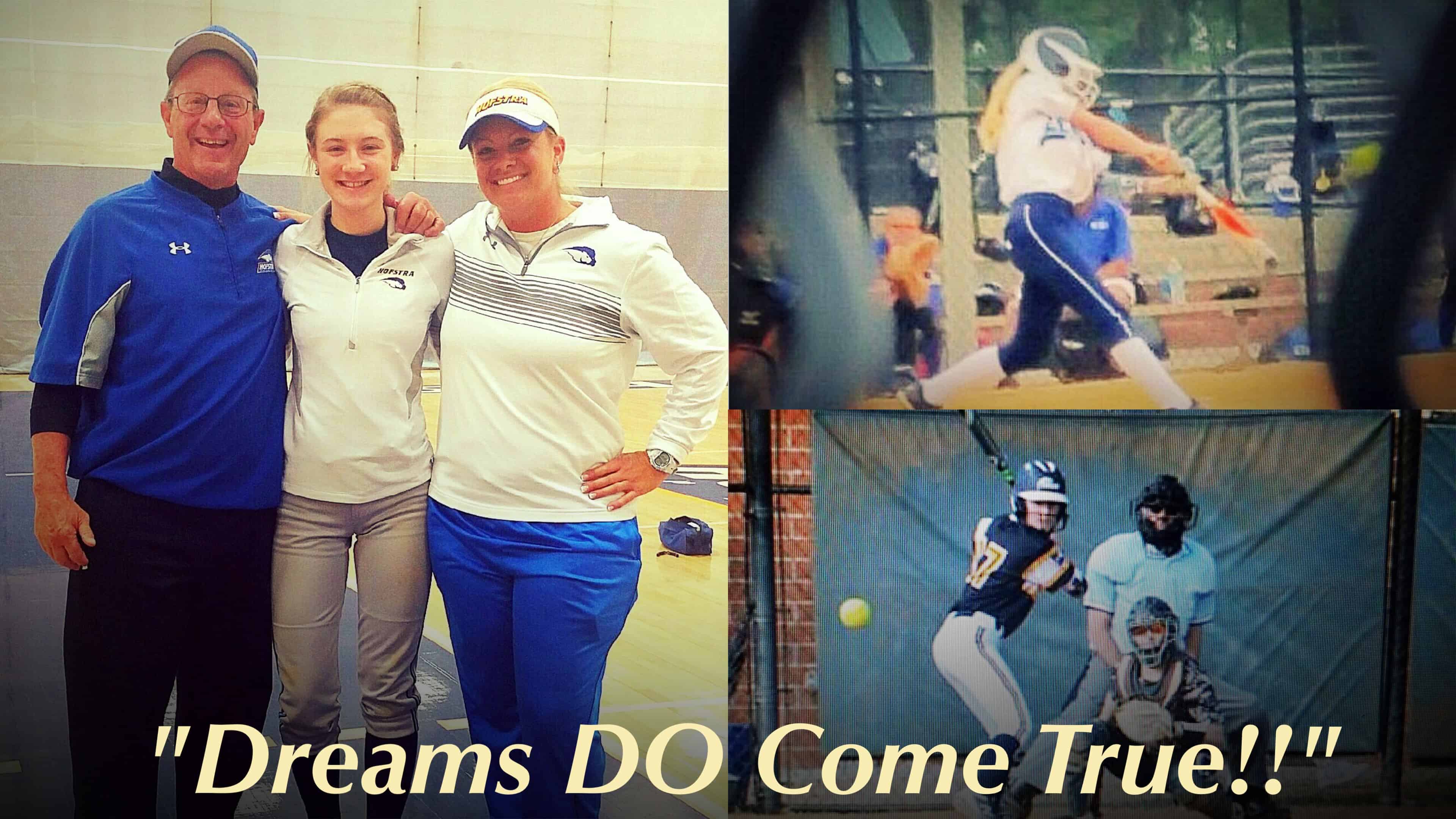
Dec 15, 2016 | Be The Best News, The Best Stories
Everyone’s got a story when it comes to the sport they love. How they got started. Who got them motivated. What road they took to pursue their dreams. And when Be the Best plays a part in someone’s story, we know we’ve done our job.
Here’s the story of Jaycee Ruberti and how attending Be the Best Coaches’ Convention at ten years-old framed her future to become a collegiate softball player at Hofstra University.
I have played softball for as long as I can remember. And for most of that time, I dreamed of playing for Hofstra University. When I was 10 years-old, I accompanied my dad to Be the Best Clinic in Cherry Hill, New Jersey. We went from class to class, learning the different aspects of the game taught by college coaches from all over the country.
I had the good fortune of attending a session taught by Bill Edwards who, at the time, was the head softball coach at Hofstra. His instructional lecture was the most powerful and exciting I had ever heard. I asked my dad to revise my schedule so we could attend every one of Coach Edwards’ sessions.
I WAS HOOKED!
Coach Edwards made two statements that I have never forgotten. The first was, “College coaches are looking for good people, not just good athletes.” And, because I’m an outfielder, the second statement was particularly relevant. “There’s not always a correct way to catch every single ball that’s hit. JUST CATCH IT!”
From that day on, playing at Hofstra became my dream.
As my softball career continued and the recruitment process began, I became even more determined to play at Hofstra. I started receiving interest and offers my freshman year of high school but was not willing to accept any offers until Coach Anderson (Hofstra’s new head coach) had an opportunity to see me play at least once.
In June of 2015, Coach Anderson showed up at a Team New Jersey tournament. After watching me play three consecutive games, I was invited to visit Hofstra University the following weekend. On that visit, Coach Anderson offered me a position on the 2018 Hofstra softball team.
My dream started at Be the Best and I know now that dreams do come true — with God, hard work and determination!
Thank you, Jaycee, for sharing your story. We wish you nothing but The Best, as a player and a person!
If YOU have a story about Be the Best, let us know!
Just click here, fill out the form and we’ll be sure to share it!





















